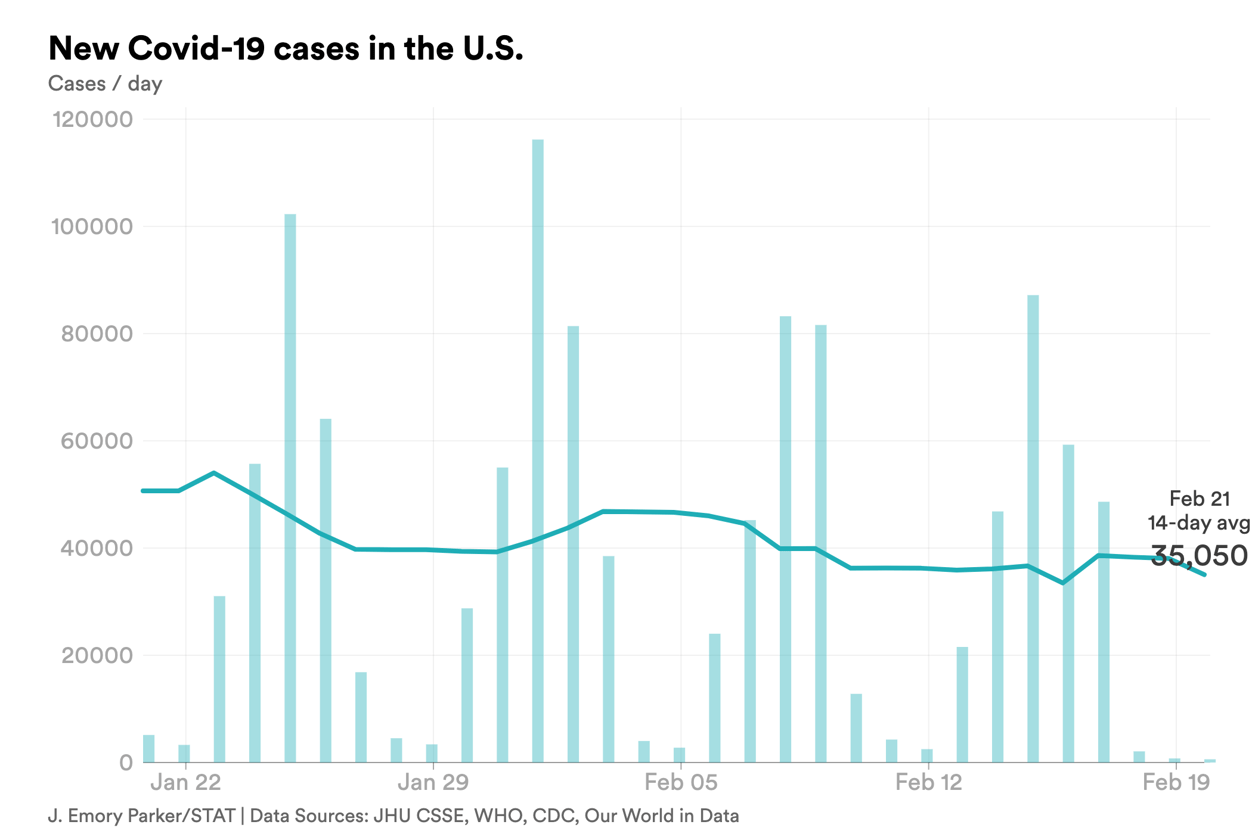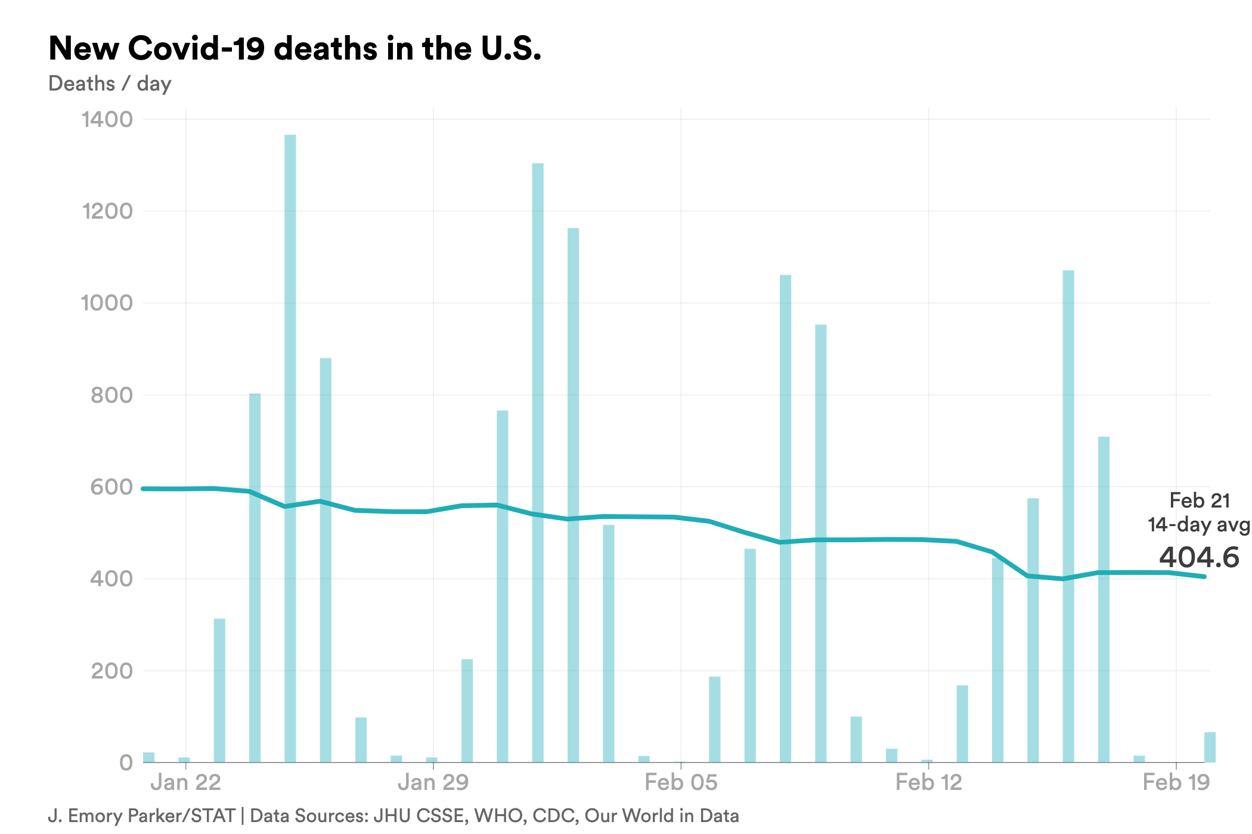Closer Look
Opinion: Use 'racial privilege' — not race — to measure and understand health
When Elizabeth A. Brown goes to a health care provider and checks "Black" for her race or ethnicity, she says it tells her provider — before seeing her — she has dark skin and "different" hair. But ticking that box could also queue up stereotypes, including assumptions that she has no husband, little education, or low or no income. What would be far more helpful than a race checkbox is a racial privilege index, Brown, an assistant professor at Old Dominion University, writes in a STAT First Opinion.
"A racial privilege score would be the sum of an individual's lived social experiences, treatment based on race, socioeconomic status, and other factors, similar to how various factors or behaviors produce a credit score," she says. "Racial disparities are not a consequence of Black skin but a consequence of treatment because of Black skin, I continuously tell myself and the students I teach." Read more.
public health
Study: Celebrity tweets shaped opinions on Covid
Just as the FDA is taking on misinformation, a new study in BMJ Health & Care Informatics reminds us that people in the public eye have the power to sway opinions on health despite being famous for other reasons. Researchers analyzed tweets that mentioned anti-vaccine stances taken by public figures in entertainment, sports, politics, and news. They found consistent patterns of emotional content shared by celebrities that they conclude influenced public opinion.
As they call for better public health messaging, the authors note tweets from people responding to celebrities can go both ways:
- "I love how the same people who don't want us to listen to Joe Rogan, Aaron Rodgers about the covid vaccine, want us to listen to Big Bird & Elmo."
- "I called Ted Cruz's office asking to make an appointment to talk with the Senator about my blood pressure. They told me that the Senator was not qualified to give medical advice and that I should call my doctor. So I asked them to stop advising about vaccines."
in the lab
Bats and viruses may be more intertwined than we thought, study hints
If you've been baffled by how bats can harbor and spread viruses like SARS-CoV-2 with no ill effects to themselves, you're not alone. And whatever views one holds on the origins of Covid-19, the specter of more diseases spilling over to humans from bats and other creatures is enough to animate interest in this Cell paper. It describes what scientists learned when they created the first induced pluripotent stem cells from two types of bats (the wild greater horseshoe bat and the greater mouse-eared bat).
Bats deploy "self-vaccination," their experiments in lab dishes suggest, which means their stem cells may produce viral proteins to train their immune systems to tolerate and survive viruses — both SARS 1 and 2, MERS, Marburg, and more — that can sicken and kill other mammals. Bats may have a more intertwined, symbiotic relationship with viruses than anyone suspected, these discoveries hint, with more work to come on how this might bear on future pandemics.
We had an incorrect link yesterday to STAT contributor Jill Neimark's story on the potential health hazards posed by chemicals in the Ohio train derailment. Read the story here.
by the numbers


No comments